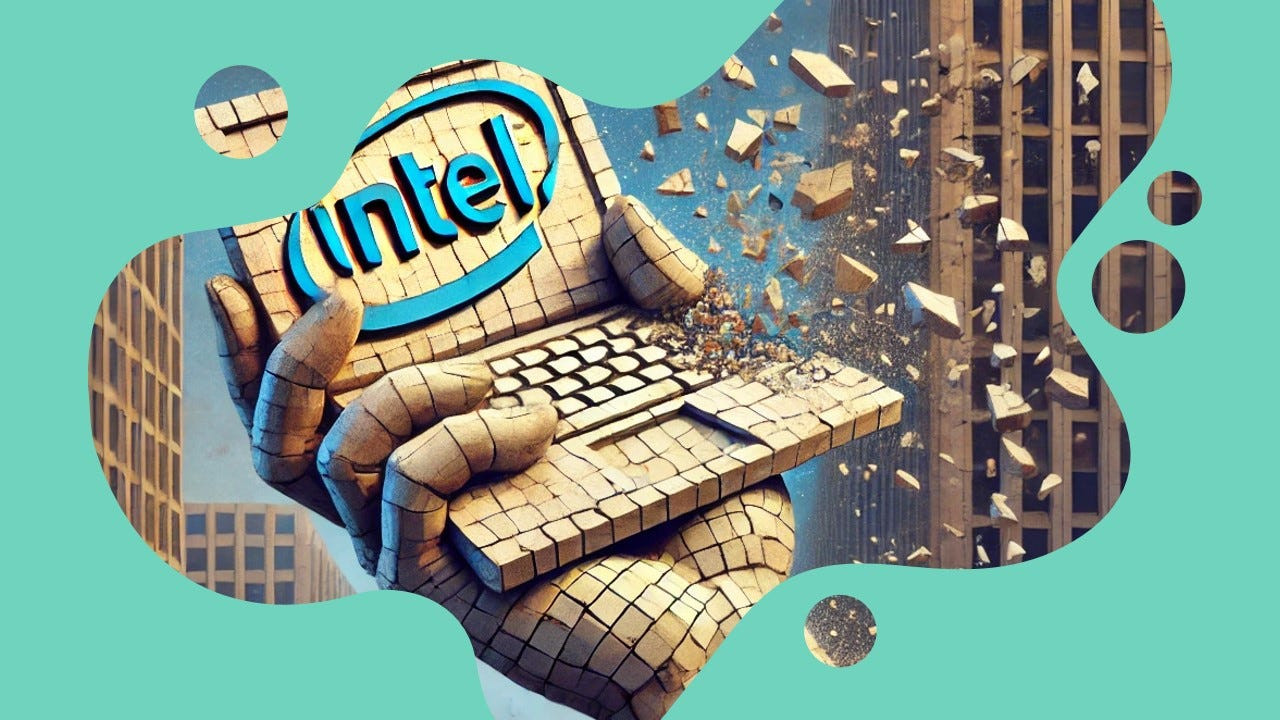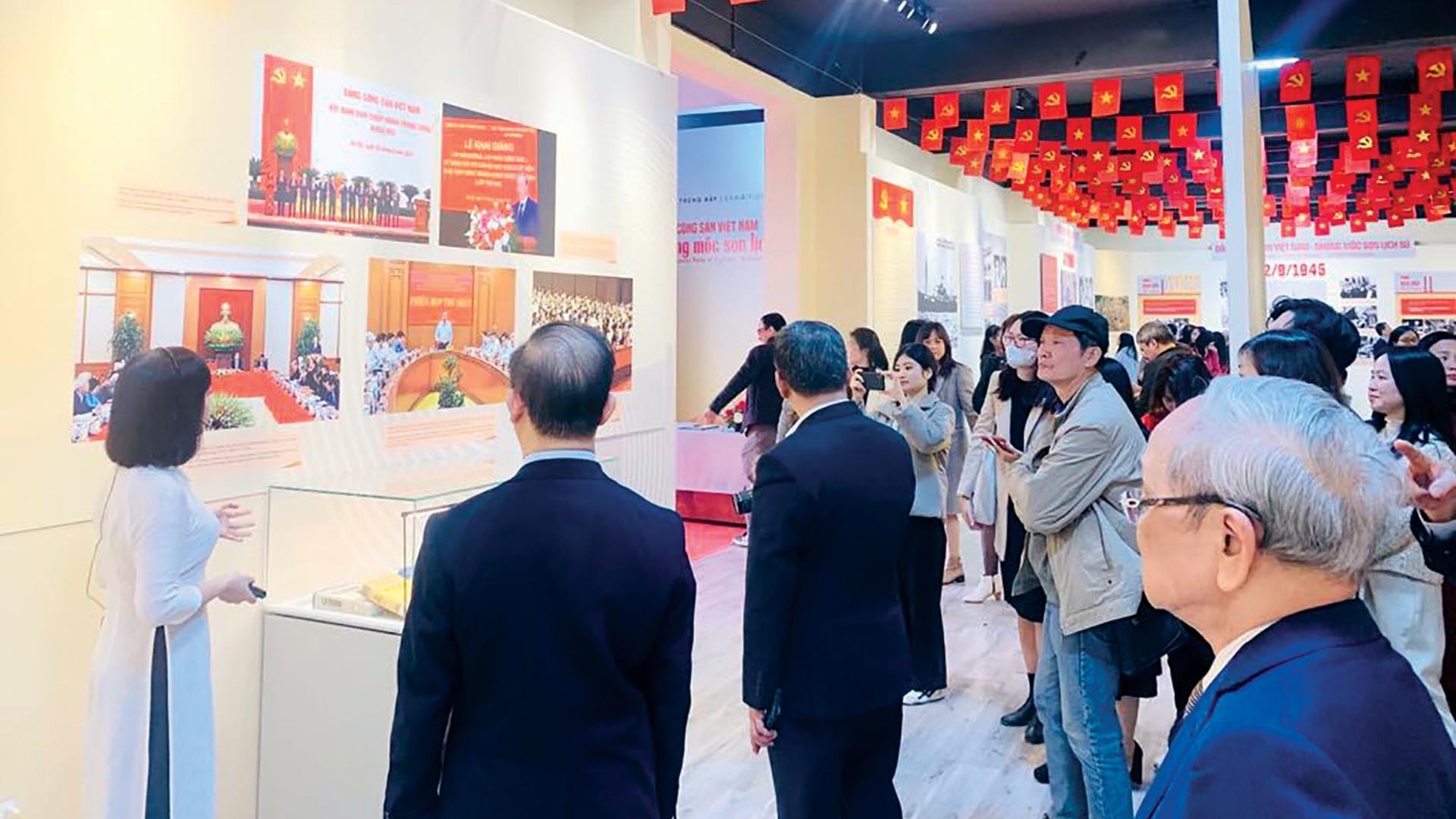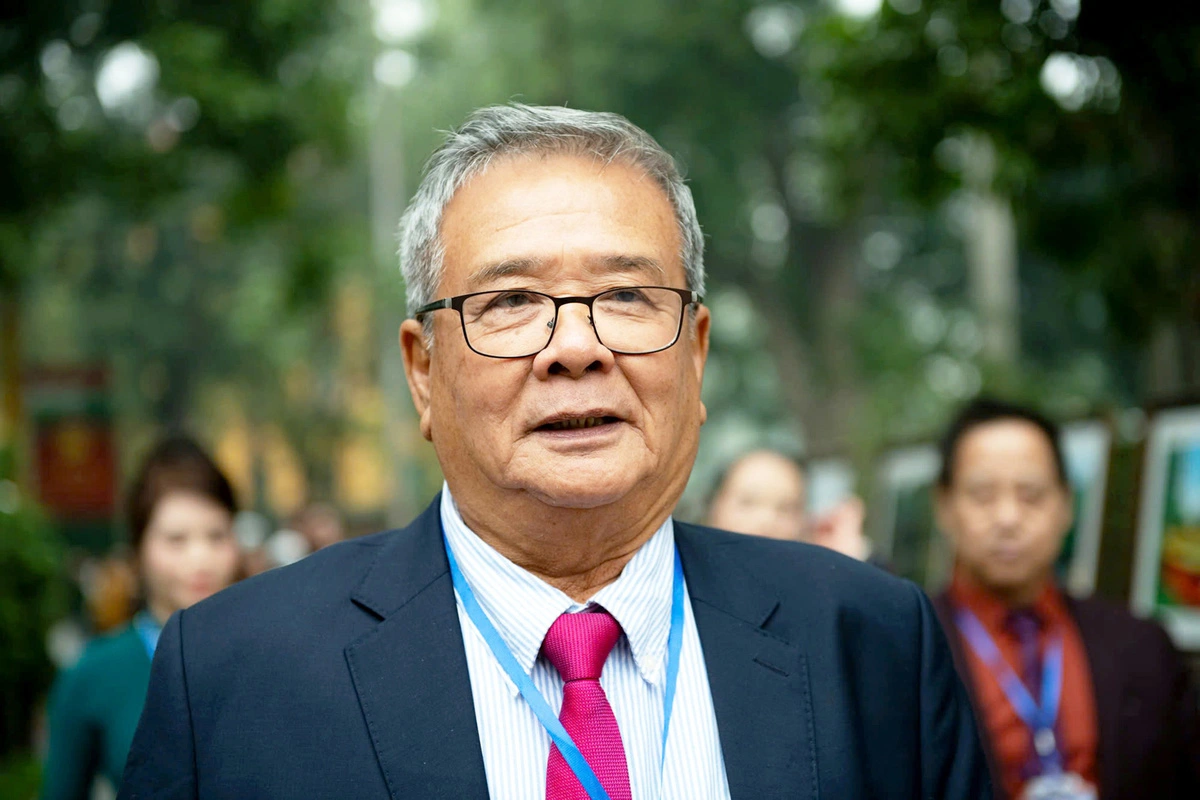2024 is a big year for the global semiconductor industry, but not for pioneer Intel.
Intel, the 56-year-old chipmaker founded by three “legends” Gordon Moore, Robert Noyce and Arthur Rock, has had its worst year since going public in 1971, losing 61% of its value.
The opposite story is playing out at Broadcom, the chip company run by CEO Hock Tan, about 15 miles from Intel's Santa Clara headquarters.
At the close of trading on December 30, Broadcom shares increased 111% this year.
The reason behind this contrast is artificial intelligence (AI). While Broadcom has successfully capitalized on the AI wave, Intel has largely missed the boat.
The changing fortunes of two chipmakers underscore the volatile nature of the tech industry and how a few key decisions can impact hundreds of billions — even trillions — of dollars in market capitalization.

Broadcom builds custom chips for Google and other cloud companies. It also makes networking equipment that powers massive server farms that house thousands of different AI chips.
While not as well-known as Nvidia, Broadcom’s XPU AI chips are a key part of the AI ecosystem. XPUs are generally simpler and cheaper to operate than Nvidia’s GPUs, and are designed to run specialized AI programs efficiently.
Broadcom's chips aren't for everyone, as only a handful of companies, including Meta, Google, Microsoft, Oracle… have the capabilities to design and build custom processors.
In a December 12, 2024 earnings call, CEO Tan said that in two years, businesses could spend $60 to $90 billion on XPUs.
Meanwhile, Intel, which has dominated the U.S. chip market for decades, has been far behind rival Nvidia in server chips, losing market share to AMD and spending heavily on new factories. CEO Pat Gelsinger is retiring on December 1, 2024, after a tumultuous year.
Before 2024, Intel’s worst year in the stock market was 1974, when the stock fell 57%. The seeds of its disaster were sown years ago when it missed the mobile chip wave before Qualcomm, ARM, and Apple.
Longtime rival AMD has also been slowly invading the PC and server CPU market thanks to its relationship with chip foundry TSMC. Intel’s manufacturing technology lags TSMC by years, resulting in slower, more power-hungry CPUs.
Intel’s most costly misstep, however, was in AI. Nvidia’s GPUs—originally designed for video games—are now key hardware for developing AI models.
Intel CPUs—formerly the most important and expensive components in servers—are no longer considered important. Nvidia GPUs that will be sold in 2025 will not even need Intel CPUs, but will use ARM-based chips.
While Nvidia has posted revenue growth of at least 94% for the past six consecutive quarters, Intel has been shrinking. Sales have fallen in nine of the last 11 quarters. In August 2024, the company announced it would lay off 15,000 workers, or 15% of its workforce.
Intel’s main problem is that it lacks a comprehensive AI strategy, according to CNBC. Despite efforts to develop AI features on laptop chips and launch Gaudi 3 to compete with Nvidia, these efforts have not caught on in the market.
Intel plans to spin off its foundry business into a standalone company with its own board of directors and raise outside capital. But so far, Intel remains the main customer for the foundry business, and it is unlikely to generate significant revenue before 2027.
Broadcom is now worth $1.1 trillion, the eighth U.S. technology company to reach that milestone. It is second only to Nvidia ($3.4 trillion) in the semiconductor market. Nvidia shares are up 178% this year.
Just four years ago, Intel was the world’s most valuable chipmaker, with a market capitalization of nearly $300 billion at the start of 2020. Today, the company is worth about $85 billion and has been replaced by Nvidia in the Dow Jones Industrial Average.
They are also in talks to sell some of their core businesses. Intel is now the 15th largest semiconductor company in the world by market capitalization.
(According to CNBC)
Source: https://vietnamnet.vn/canh-trai-nguoc-cua-hai-hang-ban-dan-my-intel-that-the-broadcom-bung-no-2359198.html



























































Comment (0)